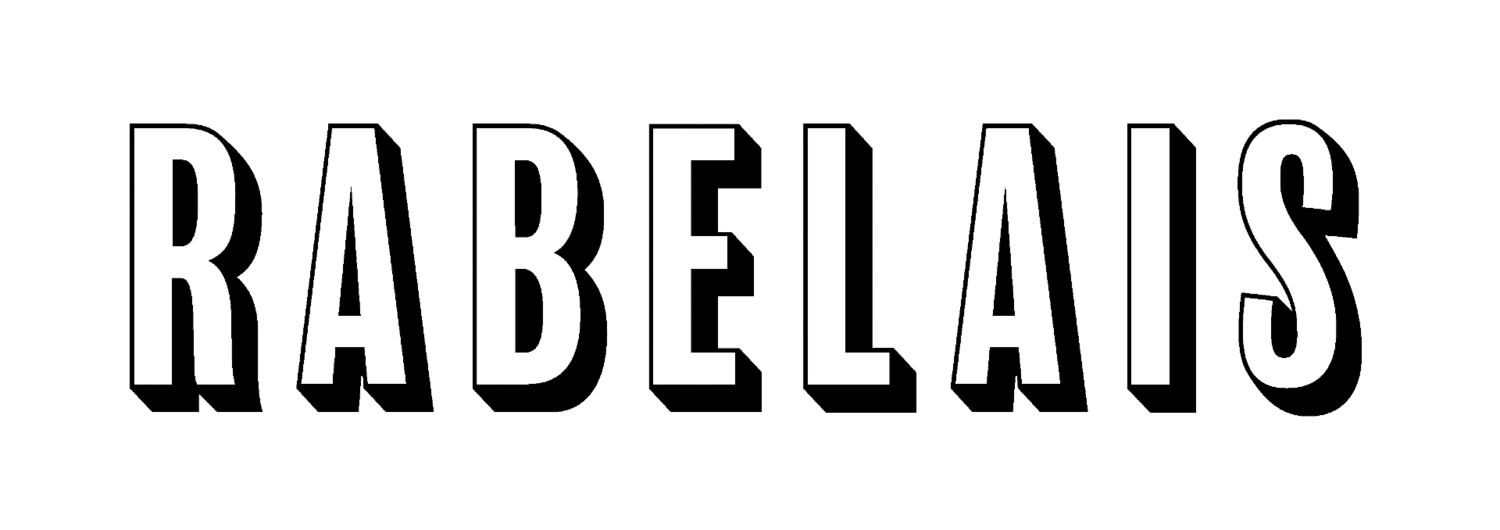Why do I study Arts?
Before our mid-semester break, my Creative/Critical tutor Elliot asked the class why we chose to study English Literary Theory and justify its existence as a field of study. Apart from the fact that it's one of the prerequisite subjects (not detracting from its interesting subject matter, of course), it got the brain juices flowing to provide some unique answers from my classmates. For me, it helped bring a more formulated and succinct idea of why I study what I study and allowed me to put it into writing today.
Arts and Humanities students get a lot of flak from the other faculties and our culture. We're usually the first soldiers out of the trench when the battle for funding begins and the first to fall. Our classes are considered non-essential and unviable1 to the head-honchos at universities. We're usually on the receiving end of jokes about starving students, working in shitty jobs, and having no real transferrable skills. Like teaching, we are quietly considered a last resort degree, where students can bounce back from poor VCE results and want to get into a better course. In all honesty, this was one of my reasons for choosing my initial study path. But after my first year, I decided not to transfer; instead of staying in a course where I felt comfort and purpose in what I was studying. I've been on the end of people saying that Arts students lack direction. I disagree wholeheartedly; Arts students are by far the most driven students that universities teach. We must forge our own path through the degree, building a diverse skill set that can be utilised in many industries.
Most people tend to be perplexed by my unique combination of majors: Creative and Professional Writing and Economics. Normally, I joke about one being my passion and the other what's actually going to help me live day-to-day after graduating, fuelling the divide between the sexy and employable commerce faculty and its lowly arts counterpart. For me personally, reading the works of Michael Lewis in high school and learning about how economists use mathematics from my time in Specialist drove me to focus on becoming an economist. I originally wanted to back that up with a major more closely aligned with politics (or even try and begin doing the Bachelor of Politics, Philosophy and Economics) but chose a humanity major due to circumstances. Both have provided unique experiences that have helped shape my personal and academic growth.
I was always someone who enjoyed the more joyous aspects of English growing up. I was lucky enough to go on a study tour to Greece as a Spirit of ANZAC Prize recipient in 2016 after writing a short story, studying the Australian and New Zealand involvement during both World Wars. Going to Greece was a dream come true for someone who read Rick Riordan's Percy Jackson series religiously. It also was a great chance to learn about the somewhat forgotten Balkan theatre of the Second World War and how our ANZACs were involved. This trip was enhanced by La Trobe's current Director of Learning and Teaching for Humanities and Social Sciences, Sarah Midford's diverse and curated insight into Ancient Greece and the ANZACs history.
As well as seeing a vibrant epicentre of Western culture, I was also greeted with a county crippled by one of the worst economic recessions in our modern era, a downturn unfortunately set further back by the COVID-19 pandemic. This has always stuck in my mind as I have progressed through my degree and fuelled my passion for helping my home community back in Southwest Victoria in a way that I feel I am best suited for.
As I finish up in a few weeks, I just hope that my chosen path will be enough to carry me into my dream career. As I look towards further study for next year, I know that it will take more time than most to get where I want to be, but the skills that I have picked up from my time in Arts have been beneficial enough to make that extra time all worthwhile.
https://www.theage.com.au/national/victoria/unviable-la-trobe-proposes-cutting-humanities-and-education-courses-20201111-p56dqu.html?fbclid=IwAR02wfiAmtEJR51XCGrHWY7n_szG1AMWqp8Cg_BF8OA2-VczPesN6shiwak
